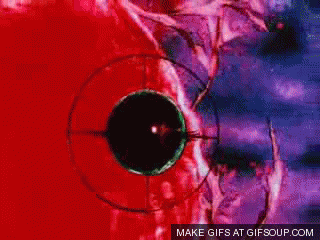MichaelFassbender
Member
Well he is a bad director to his actors but he knows what he is doing. The opening to Antichrist is an audiovisual Feast.
The first part of your statement I agree with.
Other than that: Antichrist is pure tripe. I make no bones about that. The whole production is an exercise in pretentiousness.







